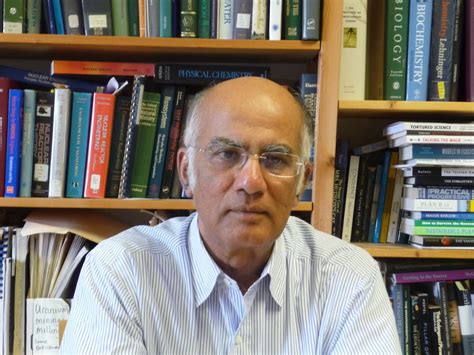A Quote by Eve Ensler
I think we have to get bolder. Why after Fukushima didn't we all go out and shut down all the nuclear power plants and stay there until it happened?
Related Quotes
If there's just one kind of folks, why can't they get along with each other? If they're all alike, why do they go out of their way to despise each other? Scout, I think I'm beginning to understand something. I think I'm beginning to understand why Boo Radley's stayed shut up in the house all this time. It's because he wants to stay inside.
Death’s a funny thing. I used to think it was a big, sudden thing, like a huge owl that would swoop down out of the night and carry you off. I don’t anymore. I think it’s a slow thing. Like a thief who comes to your house day after day, taking a little thing here and a little thing there, and one day you walk round your house and there’s nothing there to keep you, nothing to make you want to stay. And then you lie down and shut up forever. Lots of little deaths until the last big one.
Nuclear power as a solution to global warming is theoretically possible, but the proliferation problems and accident risks it would create would, I think, be intolerable because you have to build an immense number of nuclear power plants, one large plant a week around the world for the next 40 years, to make a significant dent in the global warming problem.







































